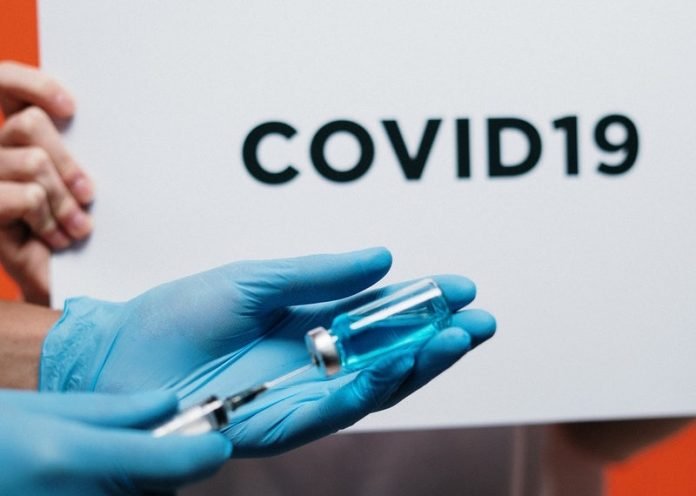
In a new statement, researchers warn that the anti-inflammatory drug hydroxychloroquine should not be used to prevent infection in people who do not have COVID-19.
The statement is made by a team at WHO Guideline Development Group (GDG).
Their strong recommendation is based on high certainty evidence from six clinical trials involving over 6,000 participants with and without known exposure to a person with COVID-19 infection.
High certainty evidence showed that hydroxychloroquine had no meaningful effect on death and admission to hospital, while moderate certainty evidence showed that hydroxychloroquine had no meaningful effect on laboratory-confirmed COVID-19 infection and it probably increases the risk of adverse effects.
As such, the team considers that this drug is no longer a research priority and that resources should be used to evaluate other more promising drugs to prevent COVID-19.
This guideline applies to all individuals who do not have COVID-19, regardless of their exposure to a person with a COVID-19 infection.
The panel judged that almost all people would not consider this drug worthwhile, and also decided that factors such as resources, feasibility, acceptability, and equity for countries and healthcare systems were unlikely to alter the recommendation.
This recommendation is the first version of a living guideline for drugs to prevent COVID-19, developed by the World Health Organization with the methodological support of MAGIC Evidence Ecosystem Foundation.
It’s aim is to provide trustworthy guidance on the management of COVID-19 and help doctors make better decisions with their patients.
Living guidelines are useful in fast-moving research areas like COVID-19 because they allow researchers to update previously vetted and peer-reviewed evidence summaries.
New recommendations for other preventive drugs for COVID-19 will be added to this guideline as more evidence becomes available.
The study is published in The BMJ.
Copyright © 2021 Knowridge Science Report. All rights reserved.



